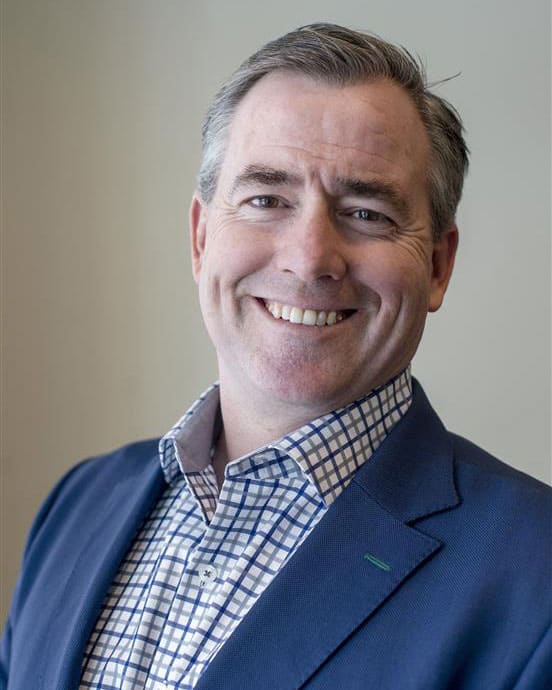Interim Chief Executive
The Chautauqua Institution Board of Trustees today announced that Kyle Keogh has been appointed Interim Chief Executive of Chautauqua Institution. The appointment is effective June 1, 2025, following Michael E. Hill’s previously announced plans to depart from Chautauqua on May 31 to become President of Randolph-Macon College.
Keogh is a proven executive with significant experience in strategy, finance, and technology and an established track record of successfully overseeing transformations, driving growth, and enhancing the sustainability of companies’ operations. Since 2023, Keogh has served as Chief Business Officer at Cover Genius, a venture-backed tech company, where he significantly grew revenue, while improving net margins. Previously, he served in senior roles at Google for 16 years, leading large teams to help drive impact for his clients and Google. Earlier in his career, Keogh held roles of increasing responsibility at IBM, McKinsey & Co., and J.P. Morgan & Co. He holds a B.A. from Hamilton College, an M.B.A. from the Tuck School of Business at Dartmouth, earned his Chartered Financial Analyst designation and teaches as an adjunct professor at the Stern School of Business at New York University.
Keogh has a deep connection to Chautauqua. He has visited every year since he was five years old, and his wife, Liz, kids, Brendan, Bridget, and Daley and his sister, Maura Shafer, and brother, Sean, all consider Chautauqua home. He served as a trustee on the board from 2015 to 2023 and continues to serve on the Chautauqua Hotel Company board, a position he has held since 2015.
“On behalf of the Chautauqua Institution board, we are pleased to have someone as experienced, dedicated and familiar as Kyle to step in as Interim Chief Executive to oversee a successful 2025 season and ensure Chautauqua is well-positioned for its next chapter,” said Candace Maxwell, board chair. “Kyle’s years of service to Chautauqua’s board, including experience leading the Nominating and Governance and Marketing and Brand Strategy committees, and proven track record of driving transformations and operational improvements at leading companies will be invaluable while the board conducts a search for Chautauqua’s next President. In addition to leading Chautauqua through an exceptional Summer Assembly, Kyle will work alongside our Financial Sustainability Working Group and the board to conduct a thorough assessment of Chautauqua’s financial health and operations, including a review of its budget and operating expenses, in a proactive effort to support Chautauqua’s long-term sustainability. I am confident that Kyle, working with Laurie Branch, who will succeed me as board chair in October, and our outstanding staff, will do an excellent job building on our strong foundation and enhancing Chautauqua’s opportunities to serve its mission and community.”
